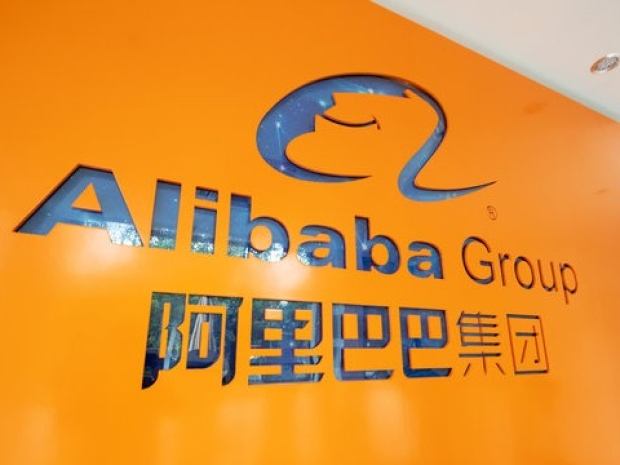The chip, which insiders say is far more flexible than Alibaba’s earlier offerings, is the latest attempt by Chinese tech outfits to cope with Washington’s bans on high-end AI hardware. For years, Alibaba was one of Nvidia’s biggest Chinese customers, until the US Commerce Department slammed the export gate shut.
The ban stops Nvidia from shipping its most powerful GPUs to China, including the much-discussed H100 and newer Blackwell chips. Washington let Nvidia send a cut-down version, the H20, presumably because Donald Trump has between $615,000 and $1.3 million in Nvidia stock.
Beijing had a strop about that too and told firms to leave it alone, citing vague "security risks" that Nvidia insists don’t exist.
According to the Wall Street Journal, with the US turning off the GPU tap, Chinese firms are frantically duct-taping together alternatives. In July, Shanghai’s MetaX said its new chip could replace the H20. It’s got more memory but is also a bit of a power glutton. Still, it’s good enough for some inference tasks, and the company says mass production is in the works.
Meanwhile, Cambricon Technologies, another wannabe chip hero out of Beijing, raked in $247 million in the second quarter flogging its Siyuan 590 chip. The stock’s done so well the company had to issue a classic corporate hand-waving warning against “irrational exuberance” after shares surged to give it a market cap north of $87 billion.
Alibaba’s chip is built for AI inference, not training, which means it’s good for making AI models do things rather than teaching them new tricks. Previous chips from the e-commerce giant were built for specific use cases. This one is supposed to be more general-purpose and is currently in testing.
Sources say the chip is being built by a Chinese fab this time. That’s a change from Alibaba’s previous AI chip, which was fabbed by TSMC before the US put a boot on that pipeline too.
Bottlenecks are everywhere. Local fabs use outdated gear and dodgy domestic kit, making it tricky to scale up. MetaX has resorted to combining two smaller chips to get the job done and dodge the shortfall in cutting-edge capacity.
Beijing unveiled an €8.4 billion AI fund in January aimed at building a homegrown AI supply chain.
Poster child for the Chinese chip push, Huawei has been flashing its Ascend processors, including a mega-machine packed with 384 of the things. Some say it beats Nvidia’s Blackwell setup on certain metrics, though it reportedly chews through electricity like a data-centre bonfire.
Huawei boss Ren Zhengfei said: “We can achieve comparable computing results to the most advanced standards,” and, “There’s no need to worry about the chip problem.”
That might be wishful thinking. Even within China, Huawei’s chips aren’t exactly loved. Engineers prefer Nvidia’s ecosystem, and Huawei’s silicon doesn’t play nice with existing tools. Alibaba’s chip, however, is designed to be **compatible with Nvidia platforms**, which means devs don’t have to rewrite everything from scratch.
Alibaba’s cloud unit saw revenues climb 26 per cent in the April to June period, mostly thanks to rising demand for AI services. Boss Eddie Wu reckons “AI plus cloud” is the company’s next cash machine. In February, Alibaba said it would dump at least €49 billion into the effort over three years.
Despite all the noise, China’s real weakness is still training big AI models, the part where you need those beefy Nvidia chips. Locally made options like Huawei’s tend to overheat or flake out mid-run, according to engineers. Huawei kept schtum when asked about it.
Meanwhile, Chinese startup DeepSeek managed to trigger a minor stock frenzy by dropping hints that it could stitch together software workarounds with Chinese hardware to get training done. That was enough for Kevin Xu of Interconnected Capital to write that such tactics “may allow Chinese AI developers to narrow the gap with the US sooner than most people think.”




